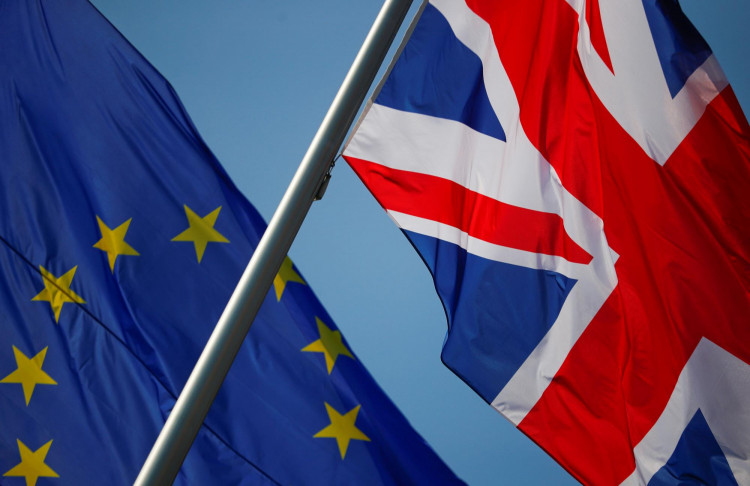Around 60 million doses of a new COVID-19 vaccine could begin to be rolled out by the middle of next year after an agreement with the two pharmaceutical companies developing the vaccines was reached with the government.
Sanofi Pasteur and GlaxoSmithKline are developing the treatments at pace, with human clinical tests expected to unfurl in two months. In the early months of next year, the Department for Business, Energy & Industrial Strategy said that if it is shown to function and be effective the vaccines will be delivered to target groups - including medical and social care frontline workers, including those most at risk of the virus.
In the face of a worldwide scramble to produce a drug to fight the pandemic, Sanofi disclosed ongoing talks with the European Commission, with Italy and France on the negotiation table, and other nations to ensure global access to a new coronavirus treatment.
Financial terms of the deal were not revealed. GSK and Sanofi, which had first partnered in April, confirmed in a statement that regulatory authorization for their experimental drug could be attained in the first half of 2021 if trial data showed promising results. The vaccine will be developed by consolidating GSK's pandemic adjuvant technology and Sanofi's S-protein COVID-19 antigen.
Roger Connor, president of GSK Vaccines, said the biotech group believes that its adjuvanted drug candidate has the "potential to play a significant role in overcoming the COVID-19 pandemic -- both in the United Kingdom and around the world," Andy Wells of Yahoo News UK quoted him as saying in his report.
The government reached an agreement early this month with BioNTech, which is collaborating with Valneva and Pfizer for access to their vaccines. London has also pointed out that it would acquire 100 million doses of a vaccine currently being tested by scientists at Oxford University in tandem with AstraZeneca.
No vaccine has yet been proven to be effective and safe against the highly-contagious disease, which has claimed the lives of over 650,000 people across the globe since the virus first emerged in China around December last year. But governments all over the world are currently sealing contracts for millions of doses of experimental drugs in the hope one of them will do its wonder.
GSK and Sanofi are hoping to strike a contract soon to produce 300 million vaccines to the European Union. Two sources told Reuters that negotiations collapsed because the company was demanding an upfront payment for the whole vaccine stock while the EU said it would rather defer payments until the drug has passed advance clinical tests.






